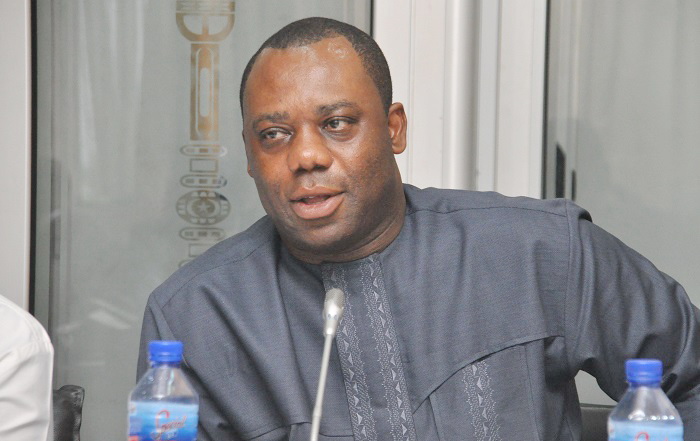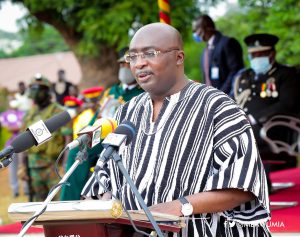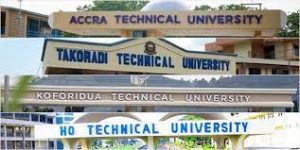Only lecturers who have postgraduate certificates in teaching will be eligible to teach in tertiary institutions.
This policy by the government will be realised after a newly drafted Tertiary Education Policy (TEP) is adopted and passed by Parliament.
The draft policy, which was approved by Cabinet on May 9, 2019, will also require existing lecturers in public tertiary institutions to undertake teacher education programmes to allow them to teach.
The TEP, which is in line with the government tertiary education reforms agenda, is expected to provide “clear guidelines for the ultimate structure, planning, development, regulation, operations and overall governance and accountability of tertiary education system in the country.”
Event
The Executive Secretary of the National Council for Tertiary Education (NCTE), Professor Mohammed Salifu, disclosed this at a stakeholders’ forum to discuss the content of the draft TEP in Accra last Friday.
The forum was jointly organised by the Ministries of Education and Information and attended by stakeholders in the education sector, including representatives from public and private tertiary institutions.
Rationale
Prof. Salifu explained that the move formed part of efforts by the government to improve teaching and learning in tertiary institutions.
He said it was essential for lecturers to adopt the “techniques of teaching” beyond their academic qualifications.
“It is one thing having the content knowledge and another understanding how to impart knowledge.
Teaching is a whole profession
It’s important to learn the technique and science of imparting knowledge, so we expect that those who teach in the tertiary education institutions to, in addition to their content knowledge, also adopt the basis of how to teach in the classroom.
Holding a PhD will not automatically equip you with that special skill,” Prof. Salifu added.
He further explained that “this is in line with international best practices. In other jurisdictions, you cannot teach at any level unless you have a certificate in teaching.”
Prof. Salifu, therefore, encouraged universities which had the capacity to train teachers to develop postgraduate certificate programmes to upgrade the teaching skills of existing lecturers.
“If the lecturer can also get a credible certificate from outside the country to certify that he or she has been trained in teaching in line with the instruction, we will equally accept it,” the Executive Secretary added.
Concerns
Some participants, however, expressed dissatisfaction with the decision to compel lecturers to attain additional training in teaching, saying “it will drastically reduce interest in teaching at the tertiary level.”
For instance, the General Secretary of the University Teachers Association of Ghana (UTAG), Dr Samuel Bert Boadi-Kusi, proposed an adoption of a continuous development approach where the universities themselves would organise periodic seminars to train lecturers.
“Already, it is difficult to get people with PhD to teach at the tertiary level, so if you now want to make additional requirements, then you are going to make persons with that higher qualification lose interest in teaching at the tertiary level,” he said.
Awareness creation
The Minister of Education, Dr Matthew Opoku Prempeh, also explained that the decision to engage stakeholders over the draft TEP was to create awareness of the policy and deepen transparency on it.
He gave an assurance that the policy would not interfere with the operations of the universities or stifle academic freedom, but rather contribute to enhance academic work and accountability in public tertiary institutions.
Source: Graphic.com.gh






